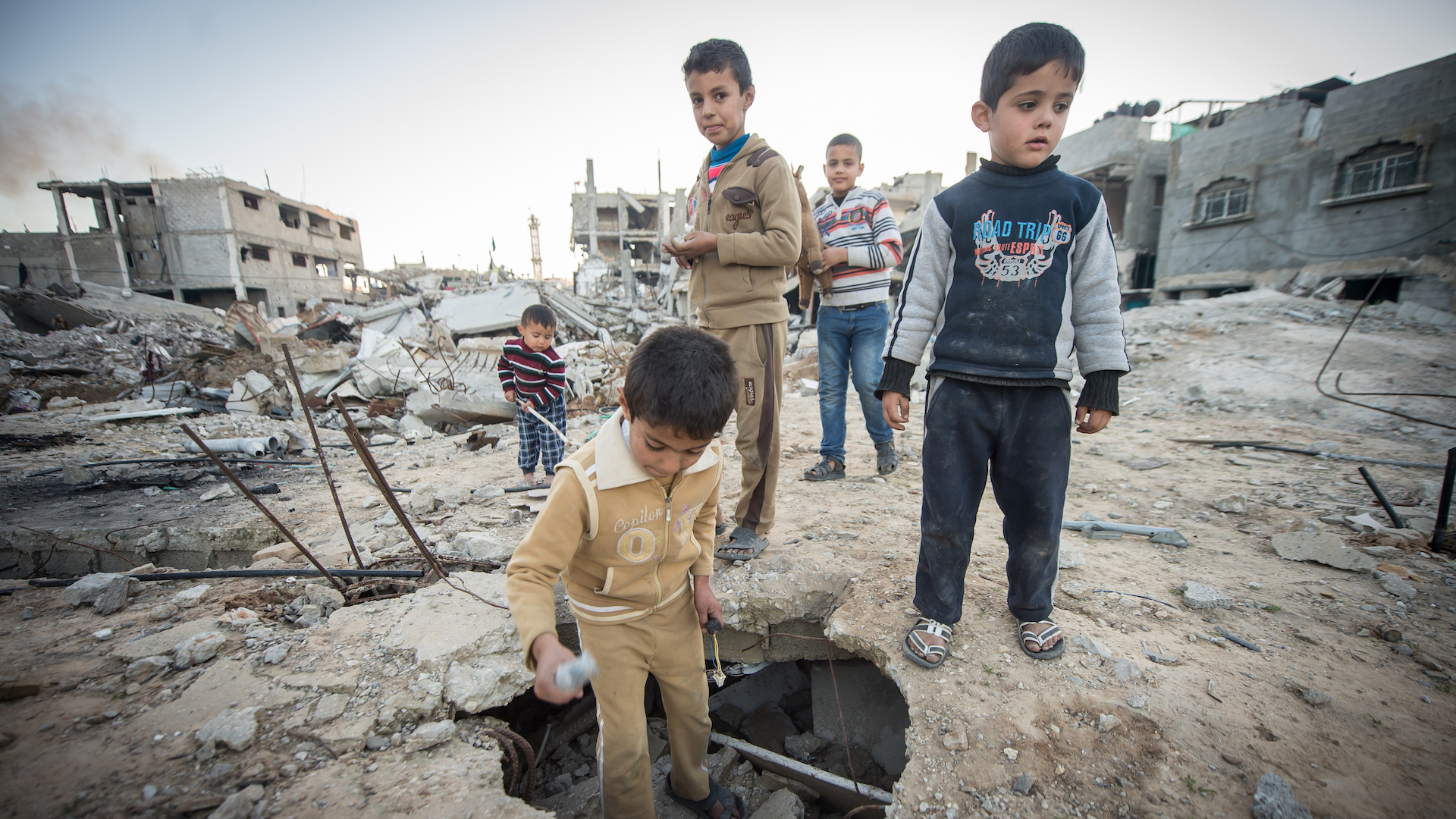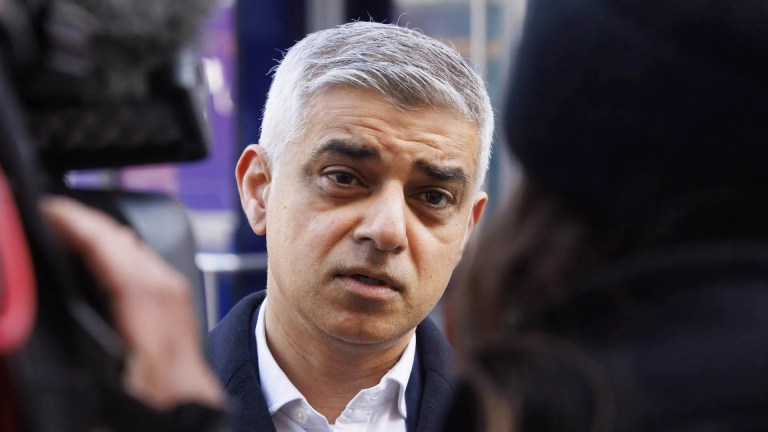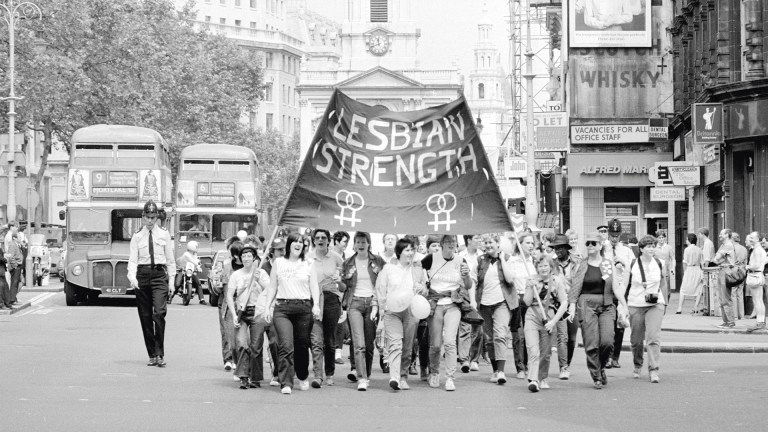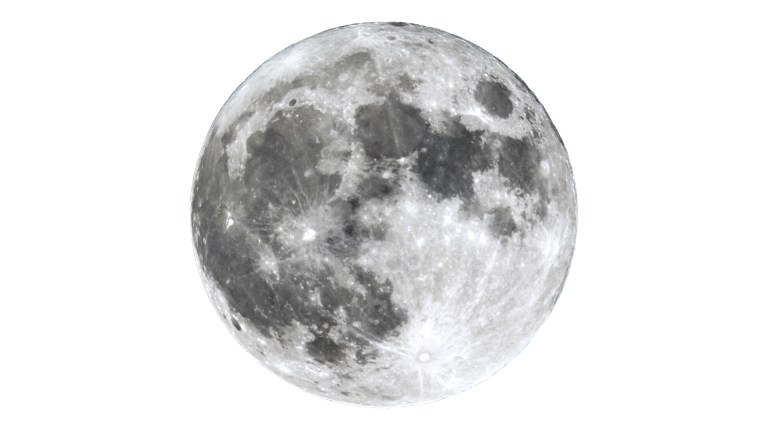Two writers, a Palestinian in Gaza and a Jew just a few miles away in south Israel, describe the violence escalating around them every day. Their voices tell the reality of life on the ground. This article is written by Eman Basher, a writer in Gaza worried about the effects of the conflict on her children. Read the account from Lee Saunders in Israel here.
“Mama, I am so worried about the moon these days,” my four-year-old Faisal said trying to open the window which was half closed for three days in a row. Not fully closed, because it might get broken under the pressure of bombardments, and not fully open, because we might inhale the poisonous smell of gunpowder.
I rushed to stop him and he went into a crying jag. My two kids, Faisal and Jawad, were clearly out of patience. They haven’t been able to go out to play with their friends or at least see the sun.
When I was pregnant with Faisal, the doctor mistakenly thought he was a girl. For six months, I talked to him as a girl in my tummy, sang to him as a girl and prepared baby girl clothes for his arrival. Everyone thinks this is why he is a little bit softer than Jawad.
Since this round of Israeli aggression started, Faisal has been barely sleeping and barely eating. His face is pale and he is suffering nausea and diarrhoea. On the other side, Jawad’s health has been stable, yet he refuses my hugs, my head pats and any attempt for me to touch him. Many people were sending me messages about how to deal with traumatised kids, including children’s therapists and psychologists. In practice, nothing has been working. Because to help a traumatised child, he first needs the cause of trauma to end.
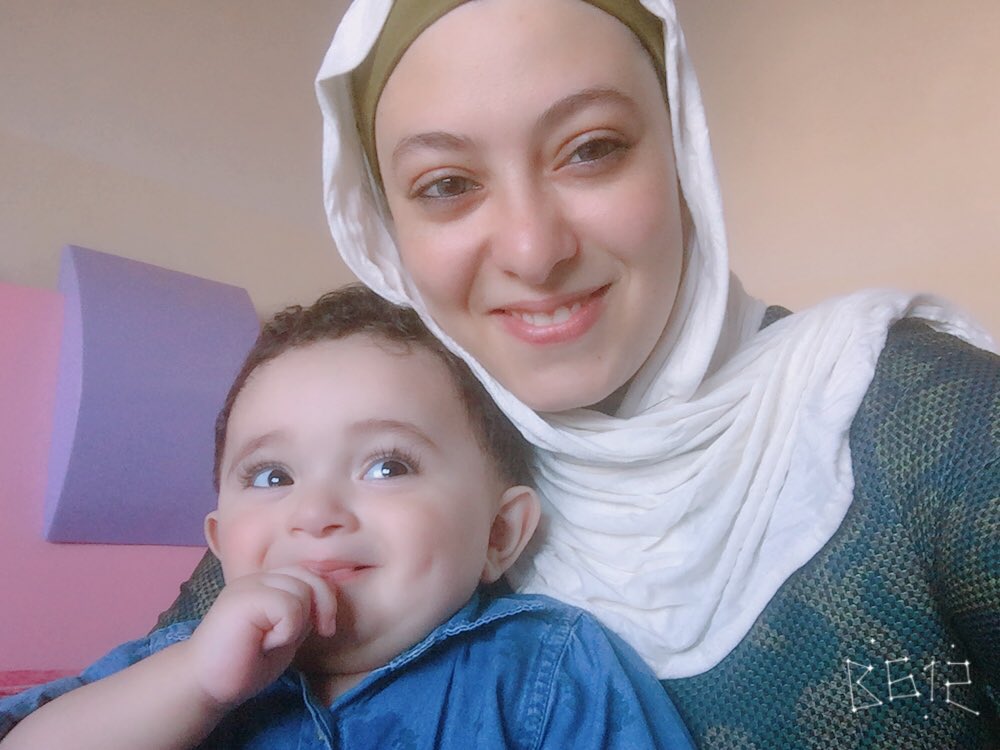
When my tweet, that Michigan Congresswoman Rashida Tlaib read out in her speech, went viral, I was confused. Though a lot of people around the world have heard my voice, there were thousands of Gazan mothers who lost their children. Or, as I am writing this, they are searching for their children under the rubble of Al-Wehda Street, unable to find out if they are alive or dead.
